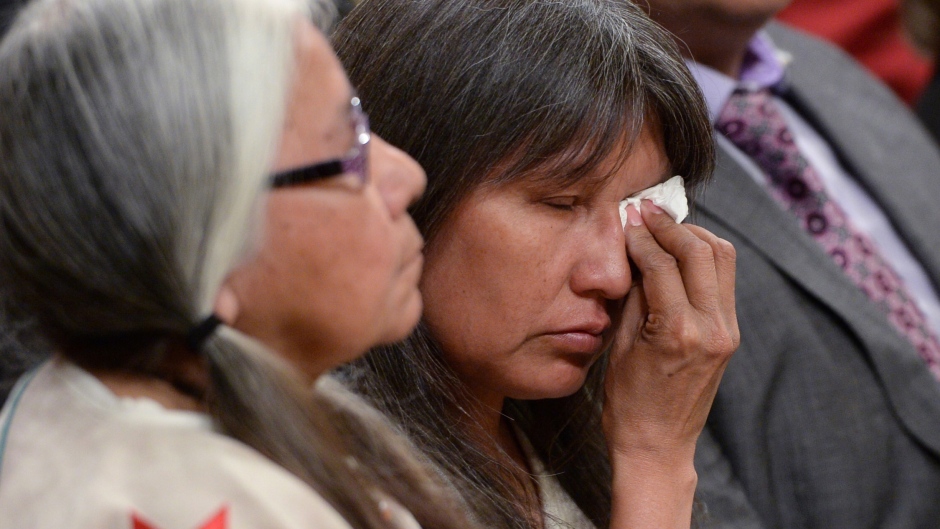Lesson 2: Psychosocial Causes of Abnormal Behaviour
Trauma
For the purpose of this course, the term trauma is used to mean any unpleasant experience that inflicts serious emotional damage on an individual. Not all negative experiences leave serious emotional scars, but the ones that do are often hard to eliminate. For example, a traumatic experience of being bitten by a vicious dog may be sufficient to establish a fear of all dogs for years to come, perhaps even for a lifetime. This fearful experience may even be generalized to other animals. The future effects of early traumatic experiences depend greatly on the support and reassurance given the child by parents or other significant individuals. A trauma does not have to ruin a person’s life!

Intergenerational trauma is a term used to describe how trauma-related stress can affect not only the survivor of the traumatic event, but also be passed down to second and subsequent generations. It facilitates the transmission of its negative consequences across generations. The root of the initial trauma may vary (eg. Holocaust survivor, victim of abuse etc.) We are going to further explore the intergenerational trauma experienced by the indigenous population as a result of the atrocities connected to the residential schools. Its effects are far reaching.
 Read the following article on the impact of the residential schools on generations of children. Click here.
Read the following article on the impact of the residential schools on generations of children. Click here.
VIDEO: Watch the following video on the effects of intergenerational trauma on First Nations People.